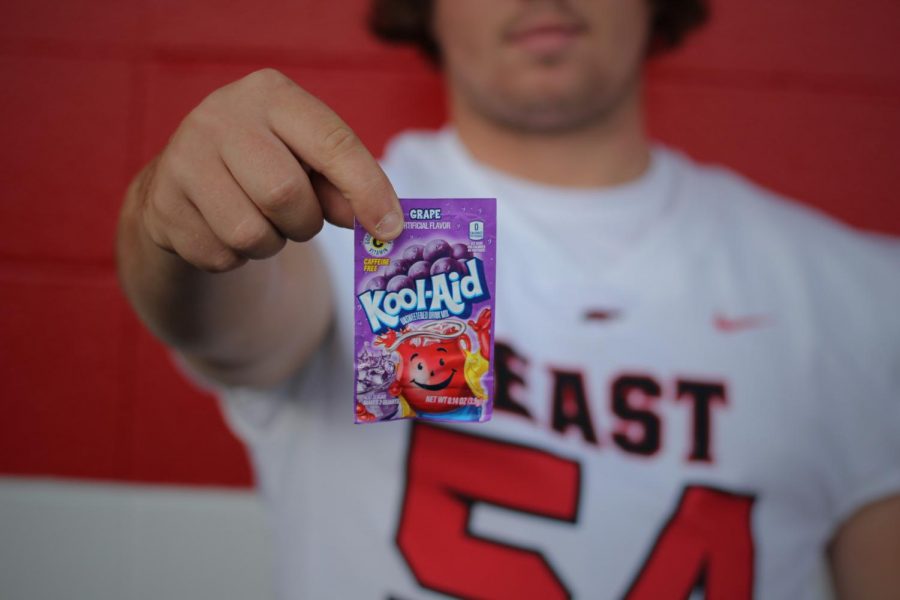The Real Meaning Behind “Drink the Kool Aid”
Hundreds die, and, it’s a joke.
Coming up on forty-one years this November marks a mass tragedy which sparked the popular saying.
“Don’t drink the kool aid” is a widely used expression in America. Even within the school buildings, it is used as a motto to serve a motivational purpose, despite its negative undertone. Although the saying has an explicit background, it is still widely accepted in society.
Several years ago, a tragedy rocked the “small settlement” of Jonestown in Guyana. A man named Jim Jones led a cult of over 900 people to mass murder-suicide. He did so by lacing a drink with grape flavor aid (similar to kool-aid) with cyanide. Killing every single person, including women and children, who drank it.
When someone uses to the saying “Don’t drink the Kool Aid,” or “Drink the Kool Aid,” they have no idea the connotation it carries. Yes, they may mean to simply refer to the fact that you should be aware and not “blindly follow.” Or, on the other hand, they may want to promote following someone’s guidance. However, what they are really alluding to is an evil event that took place many years ago.
Jones, the cult leader, was a civil rights preacher from Indiana. He gained many followers from his church, The Peoples Temple. It was here that he promised hundreds of individuals a Utopia in the jungles of Guyana. As it turns out, the people believed this and moved to South America with Jones. Eventually, outsiders started to catch on to the abuse within the settlement. It was this that triggered Jones to order the cult members to ingest the cyanide laced drink, which many did willingly.
The expression is used by people everywhere. It has been apparent in advertisements, memes and even our own football team. The question is: are people really aware of the sinister event they are referring to?
For the football team, the phrase is used for motivational purposes. Their social media regularly uses the hashtag “DrinkYaKoolAid,” and posts memes with the Kool Aid logo holding up a football. To the football team members, the saying stands for the fact that they need to buy into what all of the coaches are trying to teach them.
After speaking to a team member, he was uneducated on the backstory of the saying. Hundreds of people died from “buying into” a man’s false preachings. Although it is not meant to allude to anything horrid or offensive, it insinuates a bad idea. If you think about it, the whole saying demonstrates guidance at its worst.
Giving voice to the Kool Aid saying hurts the company itself as well. Kool Aid is meant to be a harmless, enjoyable drink for children. Instead, it is associated with a poison that killed several children years ago when Kool Aid wasn’t actually the brand of flavoring used.
Looking forward, people need to be more aware of the impact of the saying. Yes, It can be used to convey many different ideas. However, at the end of the day, it represents a dreadful event that shouldn’t be misrepresented, much less, taken lightly.






